I’m overjoyed to be a mother at 50, balancing my career with the rewards of parenthood (even though it’s not always easy), after welcoming my son three months before my 48th birthday - the culmination of a journey through nine IVF cycles.
Motherhood was never a dream I carried alone; it was always intertwined with the love I hoped to share with a partner. I imagined building a family with someone I truly wanted to spend my life with, someone I could grow with, building a love that deepened over time. That relationship didn’t arrive until my early 40s, and by then I was already aware of the biological and emotional challenges that might lie ahead.
When my partner and I began IVF around the age of 43, I was surprisingly hopeful - and, in hindsight, somewhat naïve. I told myself, “This will work. This is meant to be. This is our path.” But IVF isn’t just a medical procedure; it’s an emotional, physical, and psychological journey.
After nine cycles, the process itself began to feel overwhelming and consuming. Each round followed the same pattern: the build-up of hope, the interventions, the anxious waiting, and then the crushing disappointment.
I underwent several operations and procedures, yet never fully lost hope - I saw each as a stepping stone, bringing me closer to the possibility of a baby.
When I temporarily stepped away from IVF, I conceived naturally at 45, but miscarried at six weeks.
That loss hit harder than all the failed cycles combined. IVF had drained me slowly over years, but miscarriage struck with an intensity I wasn’t prepared for. I remember the silence in the ultrasound room, the words I didn’t want to hear, the emptiness that followed. I walked out numb, and when the numbness lifted, grief washed over me completely.
I doubted my body, my future, even my identity. I no longer recognised the person I had become. The miscarriage unravelled me in a way nothing else had. Exhausted yet sleepless, caught in cycles of self-blame and racing thoughts, I withdrew - unsure how to explain the depth of my pain. I swung between numbness and waves of uncontrollable emotion. It felt like survival mode: getting through each day, but not really living.
That was when I knew I needed help.
I sought therapy. Even as a therapist myself - without ever “flying the flag” for it - therapy has always been a steady presence in my life, both personally and professionally. In individual sessions, I found a safe space to release the grief, anger, and despair I’d been carrying, and to begin processing without judgment. My partner and I also sought couples therapy, which gave us tools to stay connected, even when words failed. Both were critical supports - for me as a woman, partner, friend, family member, and clinician.
Therapy gave me a way to catch my breath, to recalibrate, to heal slowly. It didn’t erase the experience, but helped me integrate it into my story without it defining me entirely. I learned to treat myself with gentleness, and to see my reactions not as weakness but as my body’s natural response to repeated traumatic stress.
As a couple, therapy strengthened us. Instead of letting grief divide us, it gave us space to honour one another’s pain. Those tools gave me the courage to keep trying, even when part of me wanted to give up. That along with my partners encouragement, willingness and love. I won’t sugarcoat it, the cycles where we hadn’t yet stepped into therapy were brutal. As a couple we floundered during that period. I genuinely wondered to myself how we’d get through at times. So it was a welcome relief when we got into couples therapy.
On our ninth and final cycle, I fell pregnant again. This time, I approached each milestone with cautious hope - almost too frightened to let myself believe. Every scan, every heartbeat felt like a victory, but I couldn’t celebrate for fear it would disappear. And when I finally held our son in my arms, it felt like a quiet miracle - one we had once thought might never come.
To any parent facing infertility, miscarriage, or perinatal anxiety and depression: you are not alone, even when it feels unbearably lonely. I respect the pain, the despair, the darkness of believing you’ll never see light again. I also know the profound difference reaching out for support can make.
And to those whose fertility stories haven’t unfolded as they yearned for - whose dreams are not yet fulfilled, or may never be in the way they hoped - I carry deep respect and compassion for you. It takes immense courage to hold that reality and still live, love, and seek meaning. We don’t often hear from these women, yet their voices matter deeply.
I also learned the power of leaning on my village. For the first three cycles, my partner and I chose to keep the process private, hoping to surprise loved ones with good news later. When things didn’t work out that way, I began to open up. The difference was extraordinary. Once I shared, the weight I had been carrying grew lighter. Looking back, I wish I had allowed myself to depend on others from the very beginning.
Julie's Story
Please submit your details below and we will be in touch soon.
Related Fact Sheets

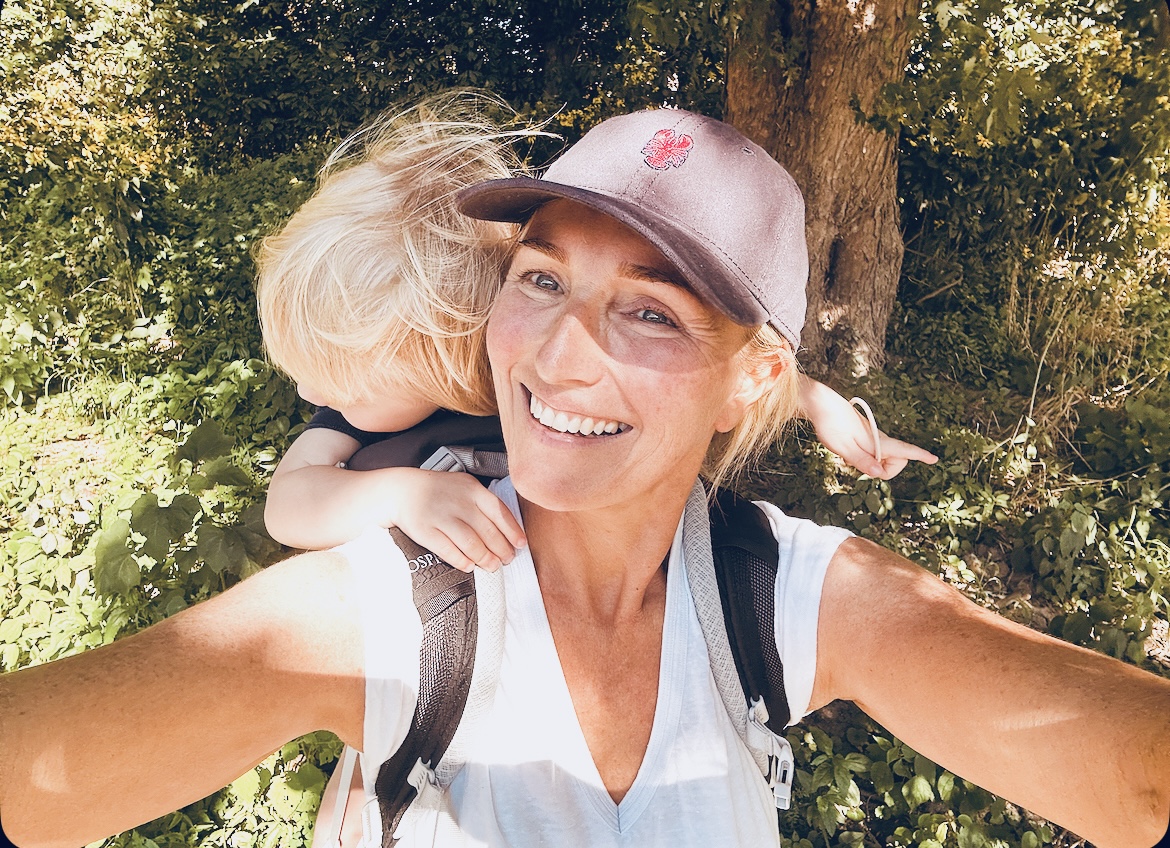
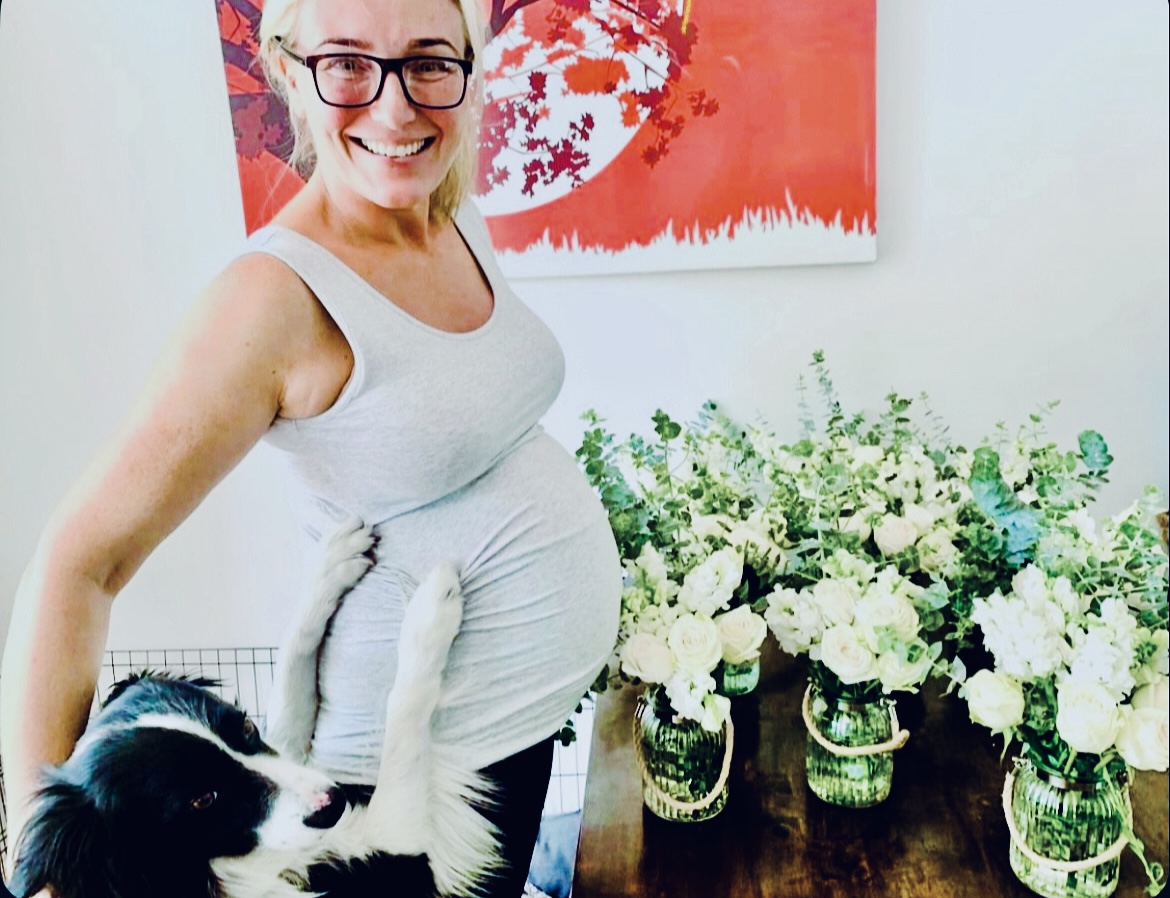
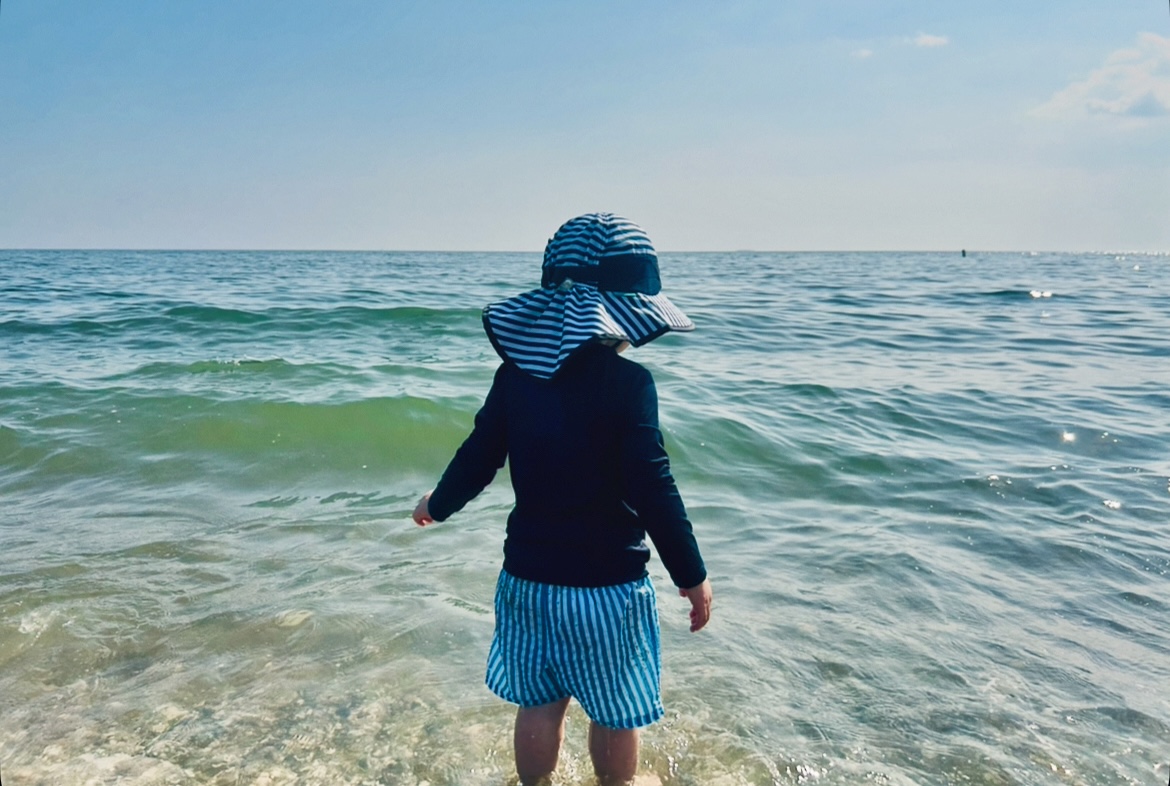
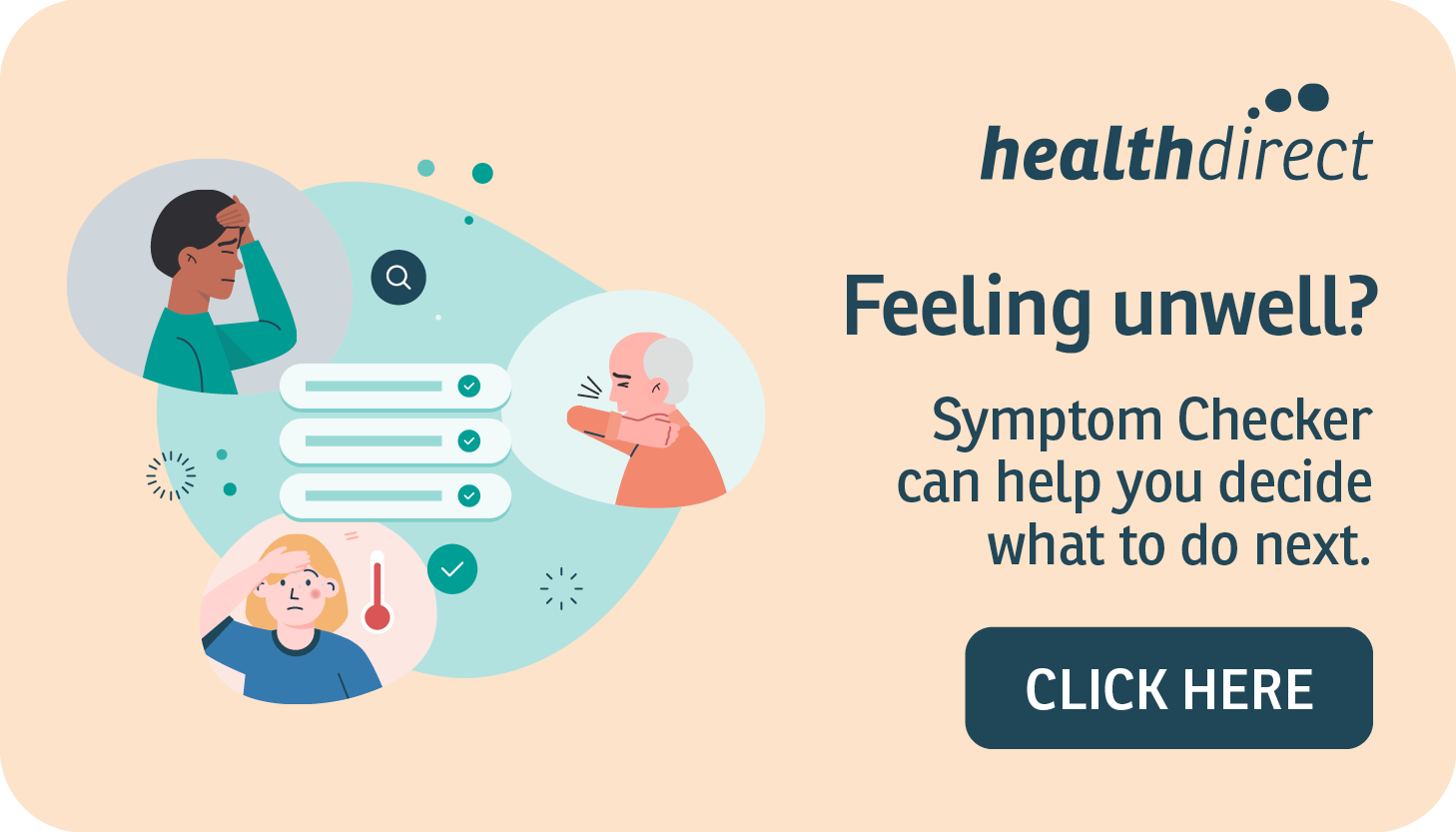











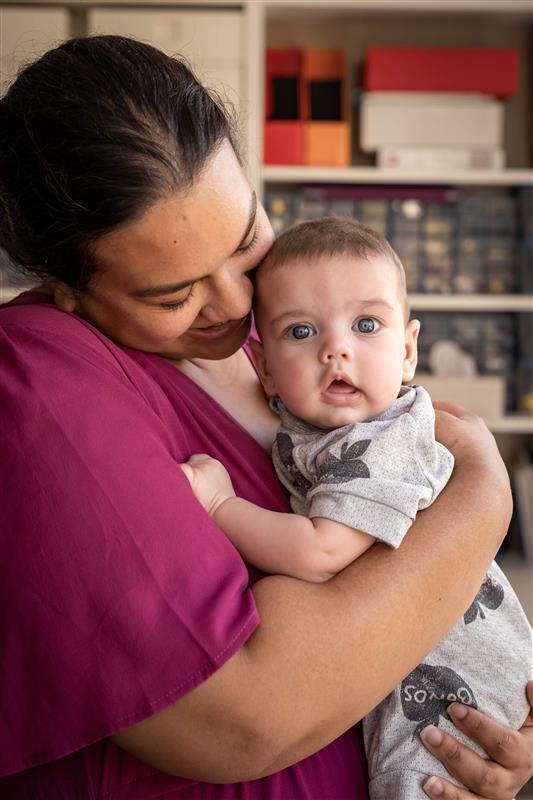

%202.jpg)


%201.webp)


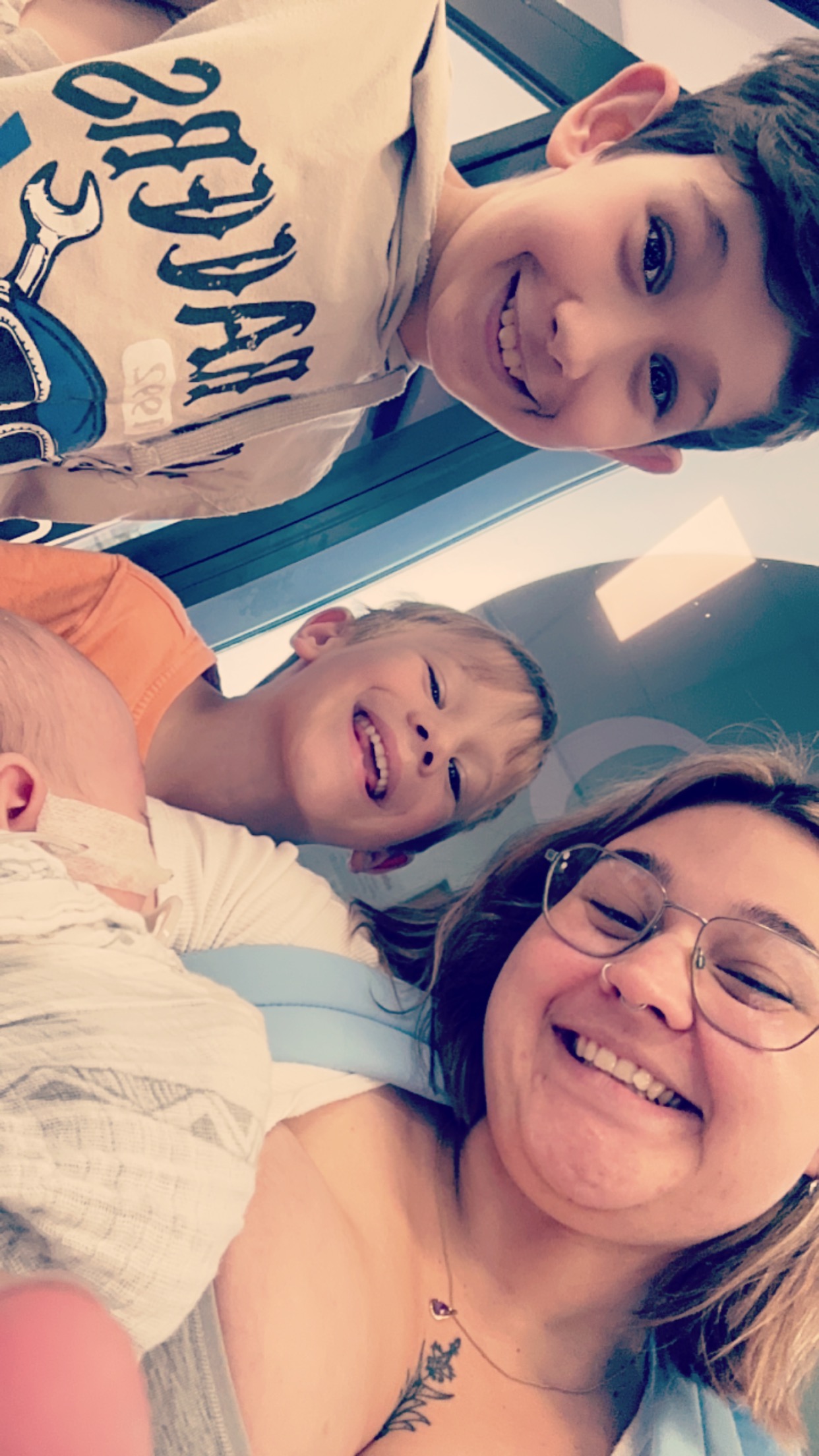

.png)

